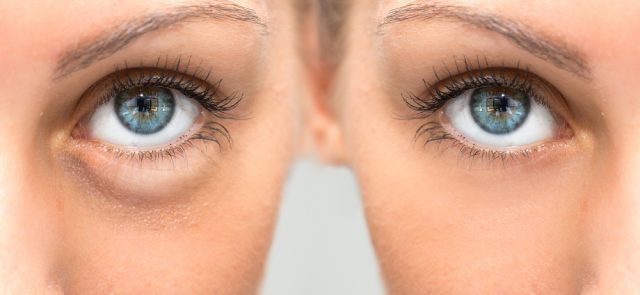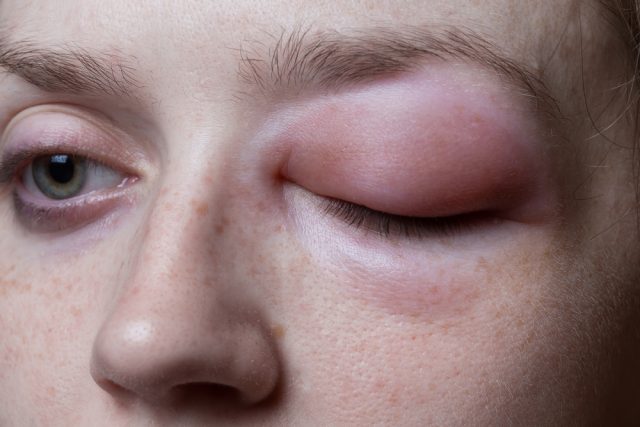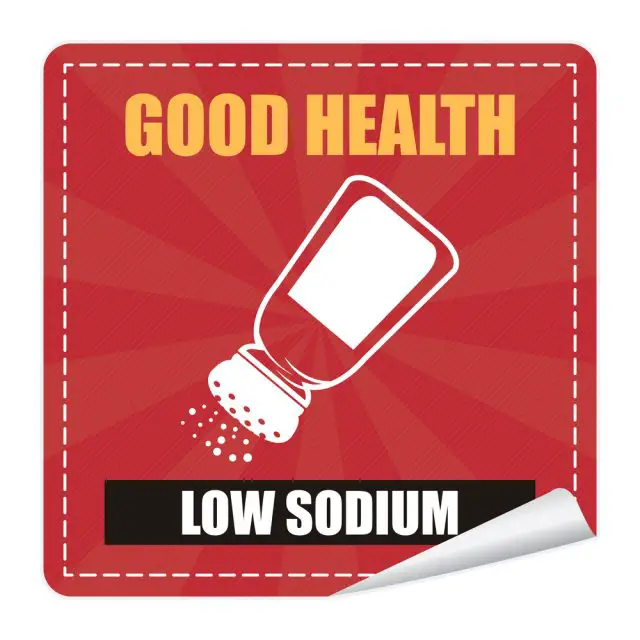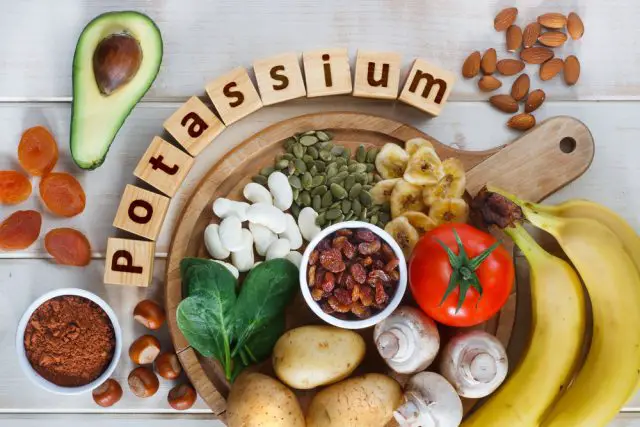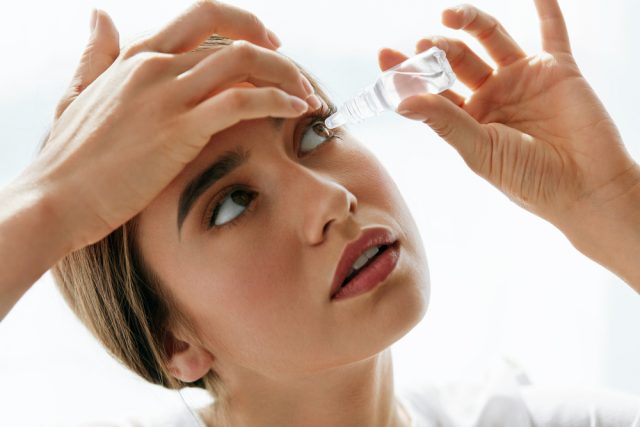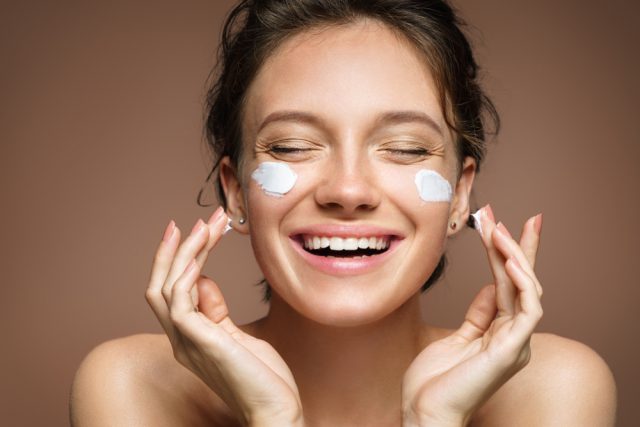Puffy Eyes. How To Treat Them With Natural Remedies
Introduction
Nobody likes waking up feeling tired and groggy, walking to the mirror and seeing your eyes are puffy, sore and swollen. Sometimes this can just be a part of waking up as the eyes have gone a whole night without blinking and simply need time to wake up. However, if puffy eyes persist it can become irritating and affect your self-confidence.
Puffy eyes can have multiple causes and are extremely common so it’s important to figure out how your eyes have gotten that way and then find the right remedy to fix it. Understanding common causes of puffy eyes can also help prevent it happening in the future.
What’s causing my puffy eyes?
A poor night’s sleep
As mentioned before, puffy eyes can simply be a natural part of waking up, but a bad night’s sleep can cause stress to the eyes and other imbalances such as a salt imbalance in your body that makes your eyes retain water and swell. It’s important to get to bed early and ensure your body can recover during an 8-hour sleep cycle.
A bad diet
Eating the right food, wholesome, natural fruits and vegetables can do wonders for the body and make you feel great. So, it goes without saying that eating junk and not watching what you eat can make you feel terrible and cause your body to react in different ways. Too much sodium is a common cause for puffy eyes and just like a bad night’s sleep can cause them to retain extra water and swell.
A lot of recent research conducted by scientists is suggesting that lack of vitamin D in particular causes dark circles and puffy appearance of the eyes.
Central heating
Having the central heating on or using a smaller heater helps warm you up during the harsh cold months of winter but leaving them on too long can cause your eyes to feel dry and sensitive. Mucus membranes in the eyes can thicken due to dehydration and thicken the skin around the eyes as a result. Be careful to notice when you’ve left the central heating on for too long.
Aging
An unfortunate reality for many people as they age the eyes can become puffier over time due to herniating fat pushed forward by the thinning of the membrane that holds back fat around the eyes. This build up of fatty tissue around the eye sockets is a natural side-effect of aging.
Menstrual cycle
For women, many parts of the body are affected during the menstrual cycle and its possible to see swelling and inflammation on your skin anywhere on your body during this time of the month. The skin around your eyes is the thinnest on the body and therefore more sensitive and vulnerable, especially during your period.
Pregnancy
Puffy eyes are common for pregnant women as many hormones become imbalanced and lead to fluid retention. Increasing water intake and reducing sodium levels will help.
Do my puffy eyes mean I have a medical condition?
While all the causes listed above are relatively harmless, puffy eyes can be an indicator to a more serious medical issue. If you’re struggling to figure out the cause of puffy eyes or if they persist for a few days, there could be medical issues that aren’t so obvious. For example, if they swelling ahs appeared suddenly seemingly with no cause then you may have a medical condition.
Allergic reactions
Most likely, an allergic reaction causing puffy eyes is hay fever or seasonal allergies but can be incited by food or chemicals you’ve encountered.
A chemical called histamine is released by cells in the body during an allergic reaction that can cause certain fluids to become trapped around the eyes giving them a swollen appearance.
Its recommended you take allergy medication and try to find the substance you may be allergic to if you don’t already know.
Flu causing puffy eyes
One of the symptoms of having the flu can be puffy eyes along with congestion, fever, chills, coughing, and a sore throat. You can get over-the-counter medication to help relieve the symptoms of flu but ultimately you will have to get plenty of rest and drink plenty of water until it passes.
Thyroid eye disease
Although more likely to be one of the above causes, puffy eyes can still be a signal for thyroid eye disease. Thyroid eye disease is an auto-immune disease which effects fatty tissue behind the eyes as well as eye muscles, causing them to become inflamed. This also gives the appearance of swollen, bulging and puffy eyes.
It occurs when the back of the eye is attacked by the body’s immune system and is usually a 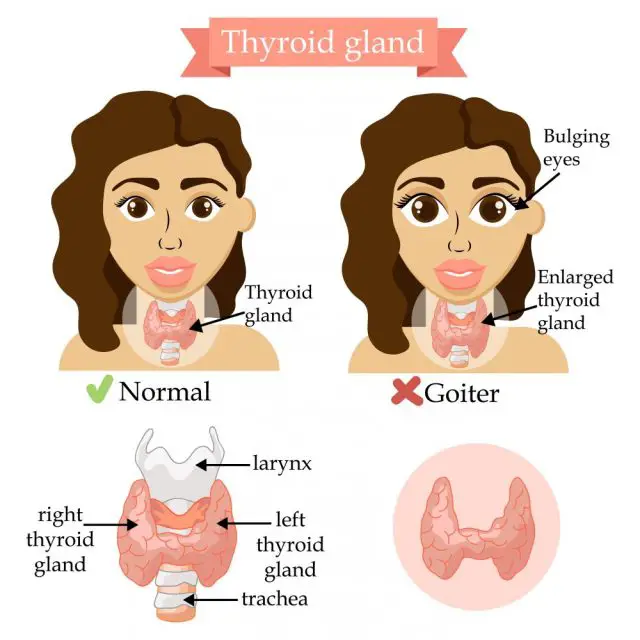 result of an over-active thyroid due to the onset of Grave’s disease. Grave’s disease is the most source that causes thyroid eye disease.
result of an over-active thyroid due to the onset of Grave’s disease. Grave’s disease is the most source that causes thyroid eye disease.
Heavy smoker are eight times more likely to develop thyroid eye disease after having Grave’s disease.
Thyroid eye disease is less obvious and harder to notice than other causes and if you are concerned you should go and speak to your doctor.
What to do if you have puffy eyes
If you can identify the root of your puffy eyes you may be able to simply make some lifestyle adjustments such as changing your diet or getting a good night’s sleep. Alternatively, you may need to seek medical help if you believe you are suffering from an allergic reaction and need medicine to alleviate the symptoms or if you think you may have an issue with your thyroid. It’s always best to speak to your GP or doctor and ask for their opinion.
You can also try some at-home natural remedies to help lessen the appearance of puffy eyes and any irritation.
Lifestyle changes to prevent puffy eyes
Drink more water
When the body becomes dehydrated, fluid will be retained in areas of the body such as the eyes and cause them to look puffy. Make sure you drink at least 2 litres a day, about 8 glasses. Drinking more water will also promote weight loss, flush out toxins and boost your immune system.
Reduce sodium in diet
Sodium can have many health benefits but consuming an excess of sodium can cause the body to store excess water around the eyes. Reducing the amount of sodium in your diet, typically found in salt will help maintain balance in the body.
Eating potassium-rich foods
Consuming higher levels of potassium from bananas and other fruits and vegetables helps reduce the level of excess fluid in your body that causes minor swelling around the eyes.
Get enough sleep
It is recommended to get around 8 hours of sleep a night on average for adults. Many people suffer from insomnia and lack of sleep for many reasons and struggle to get enough sleep each night. However, it is important to get the right amount of sleep to reduce the appearance of puffy eyes and promote a healthy lifestyle altogether.
Many people find that even when they get enough sleep they are still tired and struggle to wake up in the morning. They key here is to go to sleep earlier and avoid lights from screens. The body produces melatonin, often called the ‘sleep hormone’ when it gets dark to help the body fall to sleep. Exposure to light before bed from phones or laptops prevents the production of melatonin and makes it harder for the body to fall asleep. As the body gets naturally tired when it gets dark, keeping yourself awake by looking at screens can be detrimental to your health, both your physical and mental wellbeing and increases the chance of waking up with puffy eyes.
Natural remedies and medicaments to reduce the appearance of puffy eyes
Chilled cucumbers
A certain enzyme found in cucumbers helps to soothe the skin due to its anti-inflammatory properties. Placing slices of cucumber on your eye lids for just 15 minutes can tighten the skin around the eyes and reduce puffiness.
Cold spoons
Place metal spoons in the freezer for 10 minutes until they are cold. Place the rounded side over your eyelids to help soothe irritation.
Apply ice or cold water
Using ice or cold water is the quickest way to help soothe puffy eyes and make you feel more refreshed and awake as a result.
Chilled tea bags
Tea bags contain certain diuretics that help inflammation around the eye. Simply wet two tea bags with warm water and chill them in the fridge. Place the chilled tea bags on both eyes for 5 minutes to reduce puffy eyes.
Eye drops
Eye drops can be used to treat irritation or soreness caused by seasonal allergies or hay fever. Allergies cause a number of symptoms including redness, itchiness and swollen, puffy eyes as well as a build up of histamine. Antihistamine eye drops will work to reduce histamine around the eyes and reduce the appearance of puffy eyes.
Use creams and skin products
Moisturizers and similar skin products can work to soothe the skin around the eyes and help you feel more refreshed. Commonly used, haemorrhoid creams and ointments can be helpful to reduce puffiness. This is because they contain a certain chemical, phenylephrine, which helps lessen inflammation by reducing the size of blood vessels in skin surrounding the eyes.
There are multiple benefits to applying haemorrhoid cream. Dark circles are caused by the build up of visible blood vessels around the sensitive and thin layer of skin around the eyes. Reducing the diameter of these blood vessels helps reduce the darkness. Also, as the blood vessels shrink, the leakage of fluid from around the eyes is lessened and puffiness is reduced.
Be cautious when using haemorrhoid cream around your eyes so as not to get any in your eyes themselves. Getting this product in your eyes can cause severe reaction and conjunctivitis in some cases. Always consult your doctor before trying new medicaments.
Puffy eyes are irritating and can affect your self-confidence. We all know what its like to have puffy eyes, you feel as if you can’t focus on anything and you’re all too aware that you look tired and sick. Hopefully this article has helped you to understand the many causes of puffy eyes and how to reduce them or even prevent them. As you have probably gathered, looking after yourself and focusing on having a healthy lifestyle can do wonders for your physical appearance. One of the best things you can do for the health of your eyes is to ensure you get good quality sleep and enough of it. Good health is good preparation for anything that your body may deal with.

